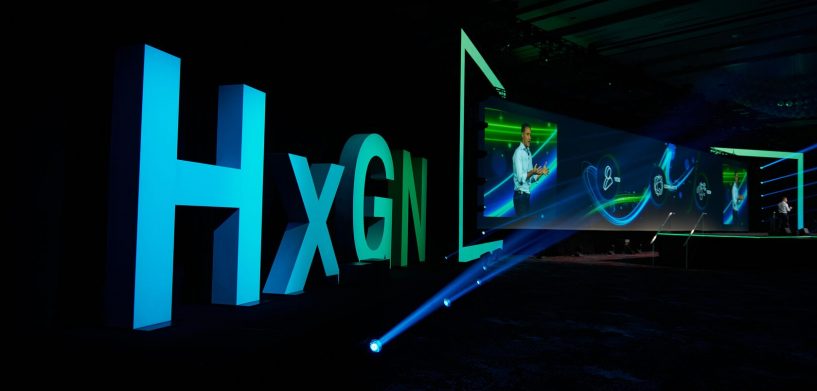FourJaw Manufacturing Analytics has launched FourJaw 2.2. The latest update includes major upgrades to work booking, FourJaw’s job tracking feature, as well as enhancements to features that will provide a more intuitive and unified real-time and over-time view of the factory floor.
New work booking tools enable managers to import, filter, track and export job data on the FourJaw platform. It is now faster and easier to load new jobs, update existing jobs and track job status, and use data from FourJaw to inform production planning, pricing/quoting and factory improvement projects.
Enhanced work-booking also makes life easier for machine operators. It is now quicker and easier for operators to review work lists, access job notes, assess progress and provide feedback to managers. FourJaw 2.2 also makes it easier to switch allocated jobs between machines and operators, enabling greater flexibility and agility on the factory floor.
In addition, FourJaw 2.2 provides a custom asset hierarchy that allows production managers to create a bespoke digital map of their factory and processes. Particularly valuable for larger manufacturers with extensive machine monitoring needs, this capability shows how different machining cells, production lines, assembly areas and business units interact, helping managers to identify the root cause of production issues and new opportunities to improve throughput.
Robin Hartley-Willows, CTO at FourJaw Manufacturing Analytics, says: “FourJaw 2.2 is a major step forward for our manufacturing software platform. The new updates, as a result of customer feedback, support more efficient, productive and responsive manufacturing environments. We are changing the game by offering new and improved insight to production managers and machine operators, streamlining data management, and enabling better collaboration across the factory.”
For further information www.fourjaw.com


















